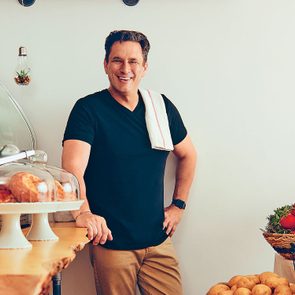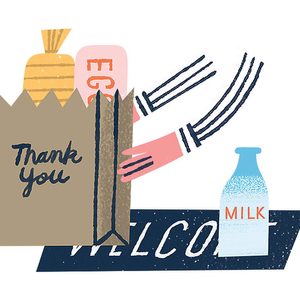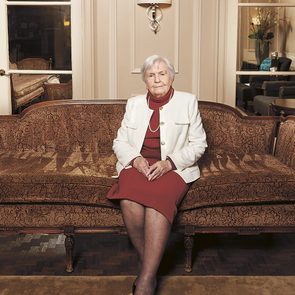How a Mentorship Program in Toronto Helps Vulnerable Youth Succeed

Founded by Sudanese refugee Mustafa El Amin, MyStand provides support for racialized youth to build successful careers.
Mustafa El Amin knows about overcoming barriers—and how finding a good mentor can help. At age six, he fled Sudan as a refugee with his parents and four siblings. His family settled in London, Ont., in 1992. They struggled to make ends meet and his parents’ marriage crumbled. El Amin’s father returned to Sudan in 1996, and his mother did the same two years later. El Amin, then 14 years old, was left to fend for himself.
He bounced between an older brother’s house and friends’ homes, but nothing seemed to work out. He often ate at a local shelter. When he saw other kids making money selling drugs—sometimes clearing $20,000 a month—he decided to try it himself. In 2000, he was arrested and sentenced to a year in juvenile detention.
“I realized that for my whole childhood, I had been in survival mode,” El Amin says. He wanted a different life. Upon release, he married his girlfriend. He had little guidance for how to move forward, but one thing was certain: he was never going back. He got jobs in construction and, in 2008, he and his wife had their first child, a daughter. His resolve to change strengthened. “I wasn’t parented. I couldn’t do that to my daughter,” he says. “I couldn’t not be there.”
Around that time, he read Midnight: A Gangster Love Story, by Sister Souljah—a coming-of-age tale about a Sudanese refugee in Brooklyn. El Amin emailed the author, who became a mentor. Souljah helped El Amin see how homelessness, incarceration and war gave him strength.
El Amin wanted to do the same for youth who face similar troubles. In 2014, he began working at Youth Action Network, eventually becoming managing director. Soon after, he launched MyStand, a Toronto non-profit for disadvantaged youth. It has since provided mentorship to 300 racialized youth in the Greater Toronto Area—a group often vulnerable to violence and incarceration.
MyStand invites young people to workshops on topics such as financial literacy, mental health and developing self-esteem. They’re then paired with staff who once faced similar challenges—and overcame those barriers to build successful careers. In 2017, El Amin received a three-year grant from the Ontario Trillium Foundation that provided $70,000 annually in seed money to help fund MyStand activities.
“We ask the youth in our programs, where are they at? Where do they want to go? Then we create a life plan,” says El Amin, “to do whatever they dream of. It could be going back to college, getting a job.” The next step is to build specific activities and schedules to make sure they can achieve the goals they’ve set. Some have gone on to work in the music and film industries. And when they encounter barriers like El Amin did as a teen—low self-esteem, feeling they don’t belong—MyStand helps them find a healthy way through it.
Some of the first participants have become mentors themselves. Christopher Ambanza credits MyStand for helping him after he was released from the Toronto South Detention Centre in 2017. Through workshops and mentorship, he learned film editing skills. Ambanza now wants to tell the story of his neighbourhood, focusing on its strong sense of community and cultural history. In 2019, with El Amin’s guidance, he received grants to produce his documentary. Today he mentors other youth interested in film.
To build on these successes, El Amin has big plans for MyStand, including hiring more staff, finding dedicated space out of which to run programs, and also one day expanding to Vancouver. As for his daughter, who is now 13, he says, “I’ve done right by her, and it feels so good to say that.”
Next, find out about the Toronto lawyer who is transforming her industry by mentoring young Black women.






